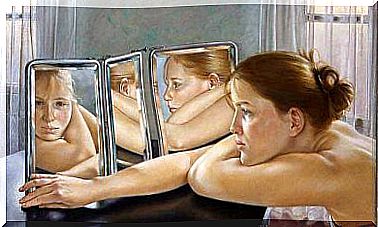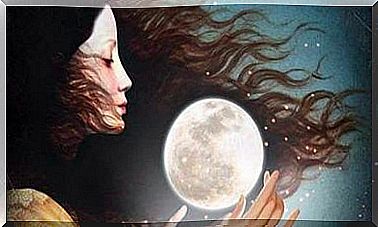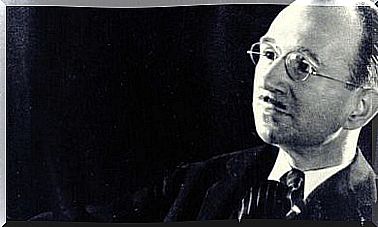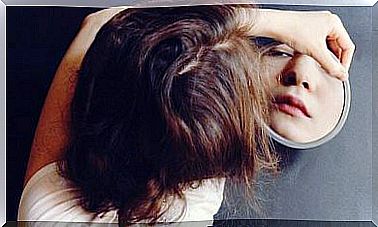Narcolepsy: Causes, Symptoms And Treatment

Some say that narcolepsy is more than a disease a curse. We are facing a chronic sleep disorder, a neurological problem where in addition to excessive drowsiness, the patient can experience from sudden sleep paralysis, hallucinations and even blackouts. Narcolepsy is a condition as disabling as it is peculiar.
Its incidence is very low among the population. However, the so-called Gelineau syndrome is one of those rare diseases known since 1877 that to this day still has no cure. We do have, yes, different treatments to guarantee the normal functioning of the patient and that quality of life with which to regain control of their daily life.
Dr. Meir H. Kryger, an expert in sleep medicine and psychology, says that few disorders are as complex. He explains in one of his articles that on more than one occasion he has come to psychiatric centers to treat patients wrongly diagnosed with schizophrenia.
Children and adolescents come to receive this diagnosis due to the hallucinations suffered, to see things where there are none and to be paralyzed by such experiences. Later, and after an adequate analysis, it becomes clear that they are narcoleptic. Living in this universe where one cannot differentiate between what is real and what belongs to the dream world is not easy. It is a scene inhabited by fear and by the null sensation of control of the own body.
Let’s see more data below.
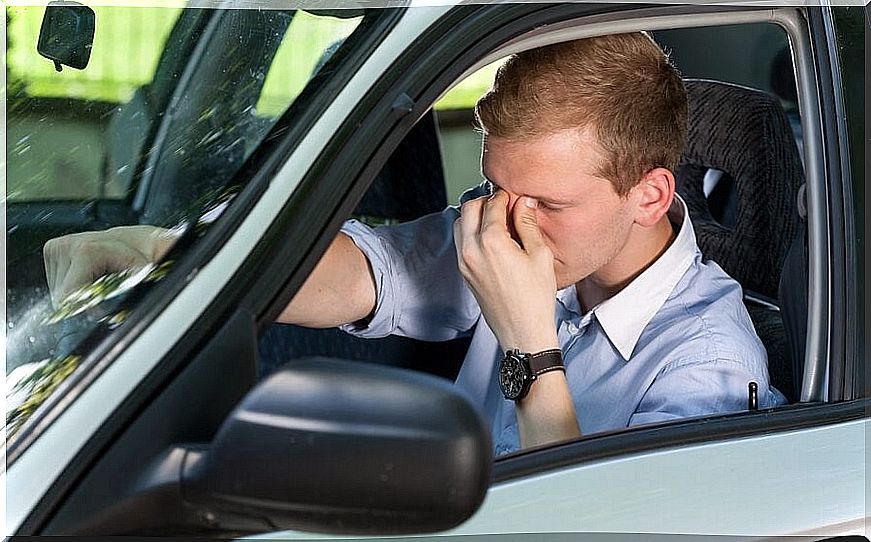
What is narcolepsy?
Narcolepsy is a neurological disease whose trigger is unknown. Now, something that the experts have been able to clarify is that we are facing a hereditary disease. There are certain genetic markers that determine the greater risk of suffering it or not.
Likewise, another aspect that has been shown about narcolepsy is that it is also an autoimmune disease. That is, without us still knowing why, the body itself attacks us, alters certain processes and reverses cycles and states (sleeping during the day, experiencing dreams and nightmares while awake …)
Characteristic of narcolepsy
When we think of a narcoleptic, we imagine a person who falls faint at the slightest. Someone who sleeps excessively, someone who often sleepwalks at night. It should be said that it is something more, much more in fact. Let’s see some characteristics about its symptoms.
- Most narcoleptics suffer from mood disorders. What’s more, they are subject to their emotional reactions by a very specific fact: intense emotion, sometimes even a simple laugh, causes muscle paralysis and fainting spells.
- Another obvious aspect is daytime sleepiness. Now, the most complex thing is that this need to close our eyes and sleep does not happen only in monotonous situations, when we are on the sofa watching TV, reading, etc. Narcolepsy also arises when the person is driving, working, sharing a meal with friends …
- Hallucinations We pointed it out at the beginning, a very intense characteristic as well as shocking for the patient is the experience of hallucinations, there where even auditory, visual or tactile perceptions are suffered.
- Sleep paralysis is another common trait, a type of parasomnia that arises between the sleeping and waking states, where the person feels unable to move or react while experiencing a deep sense of anguish and terror.
- It is also common for the patient to suffer from memory and concentration problems.
- Also, in some people it is common for them to also suffer from eating disorders.

A disorder with no cure but with treatment
Narcolepsy affects men and women equally, even animals. If we now ask ourselves about treatment, we will say the usual in all clinical approaches: each person will need an adequate response to their particular needs. Thus, and in general, the most common strategies are the following:
- Take scheduled naps and follow proper sleep hygiene.
- Regarding drug treatment, it is common to use stimulants such as methylphenidate, dextroamphetamine and methamphetamine.
- Antidepressants, especially tricyclic antidepressants, are very helpful in treating hypnagogic hallucinations and sleep paralysis .

To conclude, despite the fact that the prevalence of this disease in the population is low, the functionality of the person is greatly affected. Moreover, it is also common for the patient to feel that he has lost control and that he is losing his mind in case the hallucinations are frequent.
However, with the help of good professionals and proper treatment, the improvement is more than evident. Let us therefore make this type of sleep disorders a little more visible to normalize them and be more sensitive to those who suffer from it.


